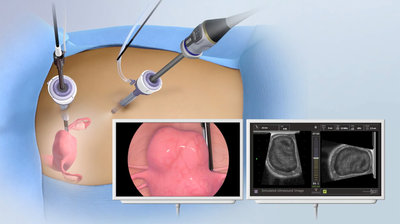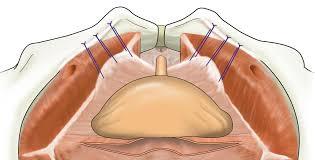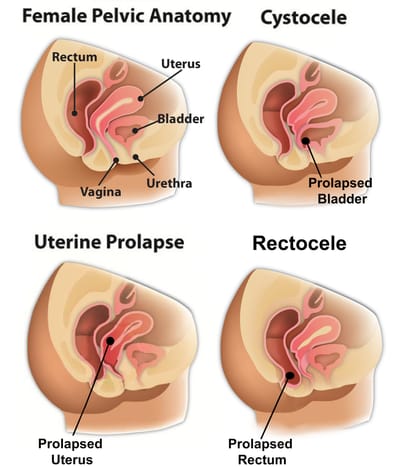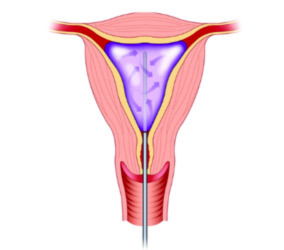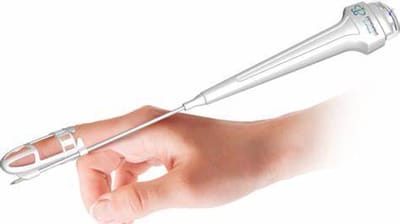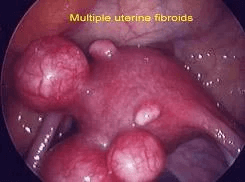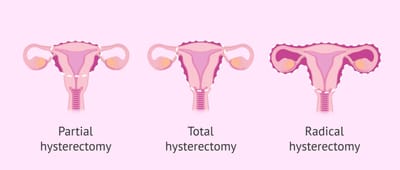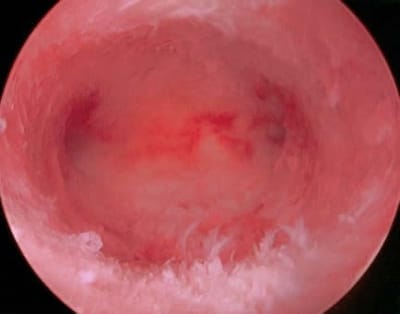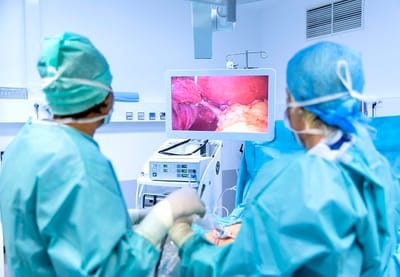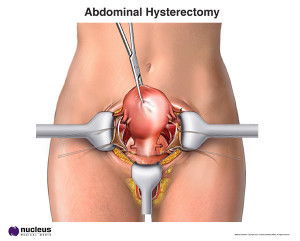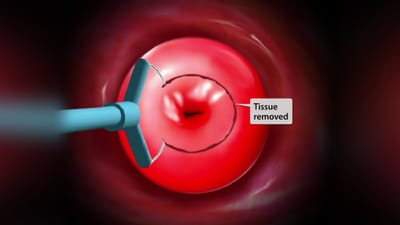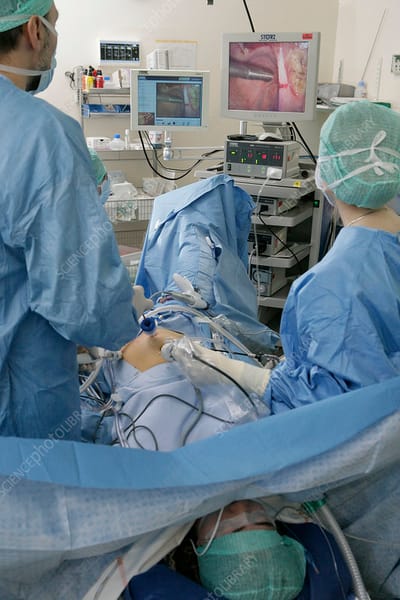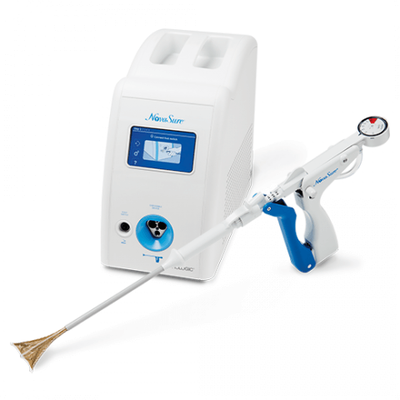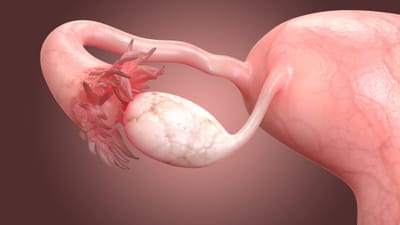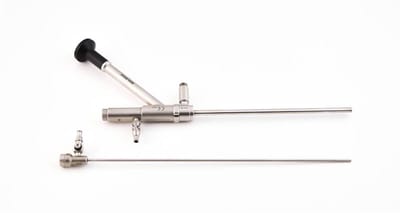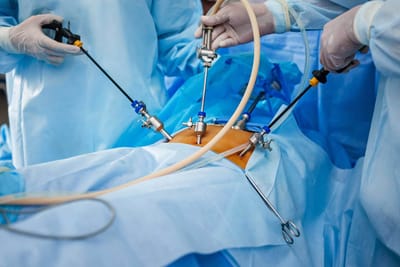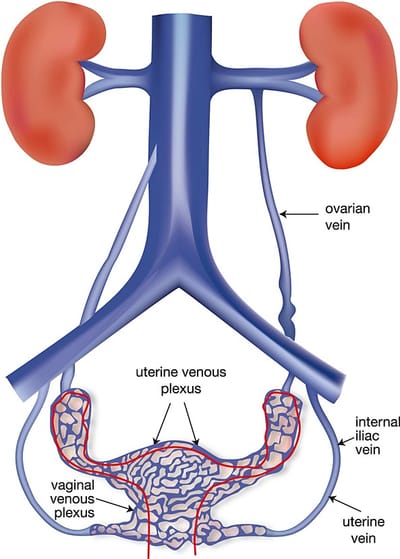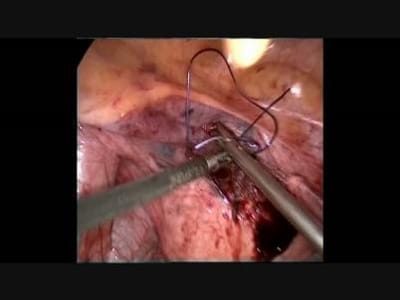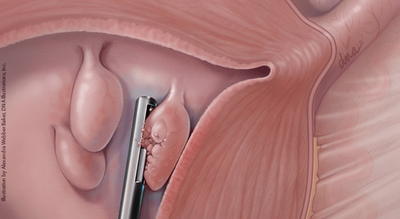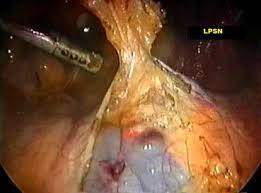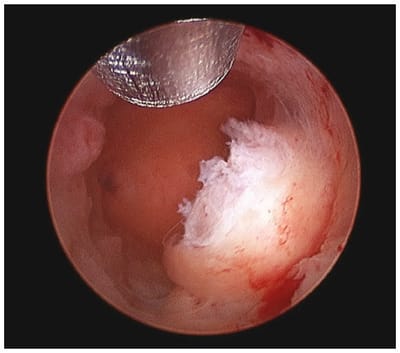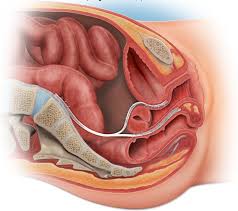Surgical Procedures
Why Acessa Because you deserve a life without fibroid symptoms. And contrary to popular belief, hysterectomy is not the only way to get there. That’s why we created a woman-focused alternative to hysterectomy and myomectomy for fibroids. It is a minimally invasive, same day procedure to treat fibroid without causing large scarring, injury to the uterus and quicker recovery than a myomectomy or hysterectomy. It’s the treatment that treats women’s bodies with care.
Read MoreA Burch colposuspension is a procedure that has remained tried and true for decades as a means to help alleviate leakage of urine from stress incontinence Its modification to laparoscopy and robotic surgery means smaller incisions and quicker recovery. it has become popular again due to the bad press and outcomes related to use of mesh in surgery.
Read MoreVaginal wall prolapse is a common occurrence in older women, obese women, women who lift very heavy objects or have born children. A colporrhaphy is surgical procedure used to correct this prolapse and get rid of the bulge and its symptoms. Anterior relates to the top wall of the vagina, posterior is the back wall.
Read MoreA D&C is a quick procedure done to sample the uterine lining more than an endometrial biopsy can OR to remove a pregnancy that has failed or not completely passed.
Read MoreFor women who are finished with childbearing, endometrial ablation is a non-hormonal, safe and convenient 5-minute procedure that can effectively reduce bleeding or even eliminate your period entirely.
Read MoreFibroids are smooth muscle cell tumors that can grow in a uterus and cause problems. There are multiple options to treat this condition but unfortunately too many women are pushed into a hysterectomy. This guide helps to educate on the different solutions available to a woman with this problem.
Read MoreSo I was recommended by my doctor to have a hysterectomy. What does that mean? What happens during the procedure? Do I need this procedure? Are there alternatives? All too often women are prescribed hysterectomy when they don't need to OR they are not offered a minimally invasive approach. Also knowing the terminology helps to understand what and why its done.
Read MoreHysteroscopy is a very useful minimally invasive procedure to investigate the endometrial cavity (inside the uterus) to discover causes for issues such as heavy bleeding or infertility and use as a surgery to fix these found issues. It is same day surgery with only minimal cramping and no incisions.
Read MoreUrinary incontinence comes if various types and knowing the correct diagnosis helps to guide you to the solution to solve this problem. All too often the wrong treatment is applied only increasing a patient's frustration.
Read MoreA quick review of a surgical procedure used to decrease the size & volume of large labia minora or lips. It can also be used to cosmetically improve the look of the labia
Read MoreLaparoscopy is a minimally invasive surgery technique that uses small incisions, a camera and specialized instruments to perform a variety of interventions. This approach minimizes scarring, pain and allows for a quicker recovery compared to the traditional open technique or laparotomy.
Read MoreLaparotomy is a technique of surgery to access the abominal and pelvic cavities. It uses a traditional open incision to allow for access. This approach provides the best view and access BUT causes the most pain and scarring
Read MoreLaser surgery is a tool to provide precise, minimal depth destruction of lesions in the genital area that warrant removal but avoids extensive dissection, pain and scarring.
Read Morequick list with links to different surgeries listed under myomectomy
Read MoreRemoval of the one or both ovaries is called an Oophorectomy. It is a stand alone surgery and NOT part of a hysterectomy. Various serious pathology can occur to warrant their removal but also benign conditions like cysts DO NOT. If a woman is close to menopause, there is more emphasis to consider removing the ovaries. Regardless, there are some implications with hormonal production if this is chosen.
Read MoreOperative Hysteroscopy is the essence of minimally invasive surgery. It uses an operative camera inserted into the uterine cavity to solve problems located in there without having to resort to a hysterectomy. Beside menstrual cramping pain, it is a quick recovery with NO incisions
Read MoreOvarian cystectomy is a minimally invasive surgery (laparoscopic or robotic) to remove a symptomatic and/or large ovarian cyst but preserves the ovary.
Read MoreThis unique procedure is provided by a specialist called an Interventional Radiologist to alleviate a unique form of pelvic pain.
Read MorePelvic Organ Prolapse surgery helps to correct anatomical defects or lack of support that can occur in women, especially older women. There are multiple therapies including pessary, pelvic floor therapy and specific surgeries.
Read MorePolyps are a common cause for heavy menstrual bleeding, mid-cycle bleeding or bleeding shortly after intercourse. Removing these polyps using a hysteroscope can reduce these bleeding issues without compromising your uterus or fertility
Read MorePresacral Neurectomy is another minimally invasive surgical technique to alleviate chronic pelvic pain. It can alleviate severe menstrual cramping pain or dysmenorrhea or used in conjuction with endometriosis surgery.
Read MoreTranscervical Resection of the Endometrium or TCRE is a way to reduce the entire volume of the endometrial cavity tissue to reduce bleeding or use in conjunction with endometrial ablation to improve success rates.
Read MoreA sacrocolpopexy is a more definitive surgical procedure used to treat pelvic organ prolapse, which is caused by a weakening of the normal support of the pelvic floor.
Read More